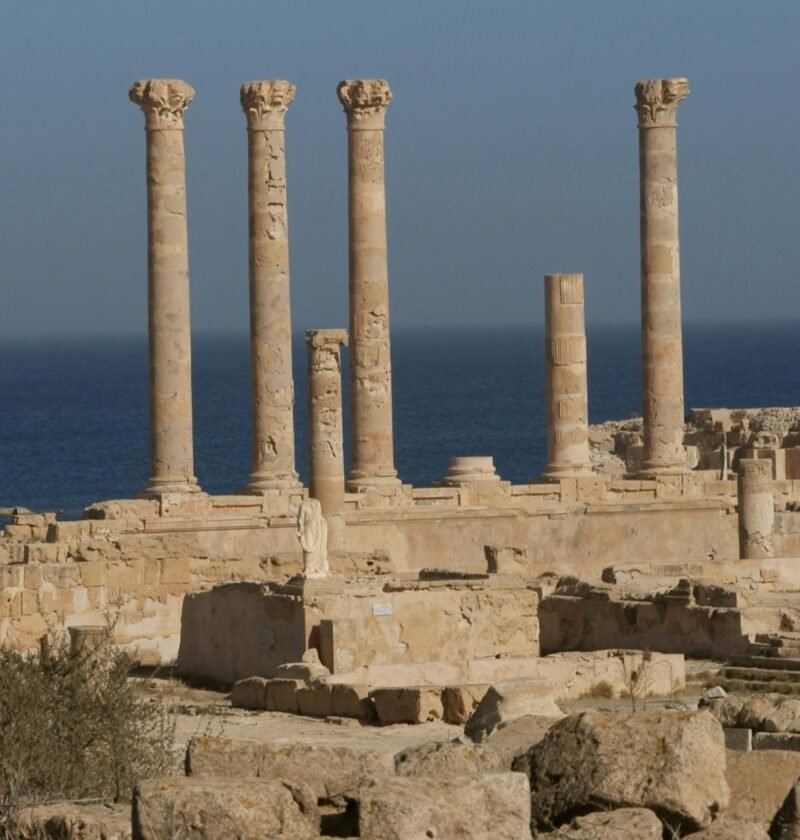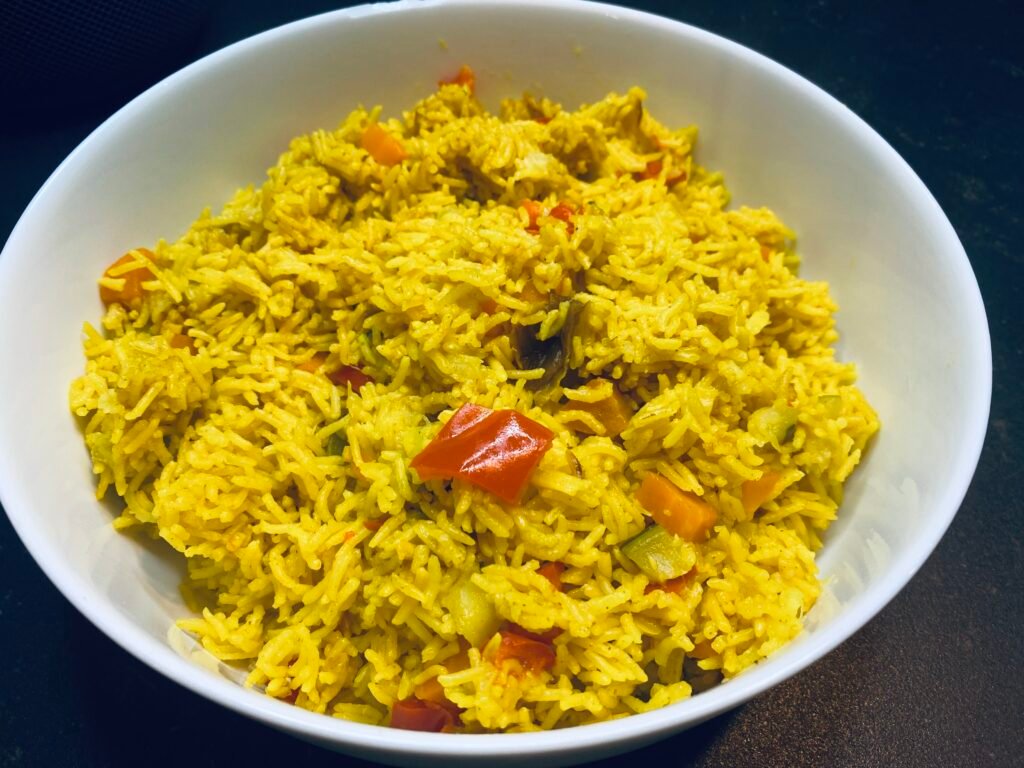Libya, located in northern Africa and bordered by the Mediterranean Sea, has a rich history dating back to ancient Berber civilizations, Phoenicians, Greeks and Romans. Over the centuries, Libya has been a crossroads for trade and cultural exchange, influenced by the Arab and Ottoman empires before becoming an Italian colony in the early 20th century. After independence in 1951, Libya experienced periods of development and political upheaval. Today, the country continues to preserve its rich historical and cultural heritage while rebuilding itself.
Libya is a country where ancient remains and Islamic architecture rub shoulders with Mediterranean and African influences, offering a unique experience to visitors.
Traditional Gastronomy and Gluten Free Options
Libyan cuisine is a fusion of Mediterranean, Arabic and African flavors. It is characterized by the use of fresh ingredients such as vegetables, meat, spices and olive oil. Many traditional dishes are naturally gluten-free or can be easily adapted.
Here are some naturally gluten-free Libyan dishes:
- Corn couscous : Unlike wheat couscous, corn couscous is a gluten-free alternative, often served with a vegetable and meat stew.
- Bazeen : A traditional dish made from barley flour, served with a stew of meat, potatoes and vegetables. Barley flour, which contains gluten, can be replaced with millet, corn or quinoa flour.
- Shakshouka : A dish made with tomatoes, peppers and poached eggs, often spiced with spices such as cumin and paprika.
- Meat and vegetable stew : Stews simmered with fresh vegetables, lamb or chicken, and flavored with local herbs and spices.
These dishes illustrate the richness and diversity of Libyan cuisine, while offering options suitable for gluten-free diets.
The Must-See Things to Visit in Libya
Libya is rich in historical sites and natural landscapes. Here are some must-see places to discover:
- Leptis Magna : A well-preserved ancient Roman city, known for its impressive ruins, including the theater, market and the Arch of Septimius Severus.
- Sabratha : Another ancient Roman site, famous for its theater and temples.
- Ghadames : An oasis nicknamed the “pearl of the desert”, with its traditional white houses and unique architecture.
- Sahara Desert : The sand dunes and landscapes of the Libyan desert, such as those of the Akakus, offer breathtaking views and opportunities for exploration.
These destinations will allow you to discover the historical and natural beauty of Libya, a land of fascinating contrasts.



